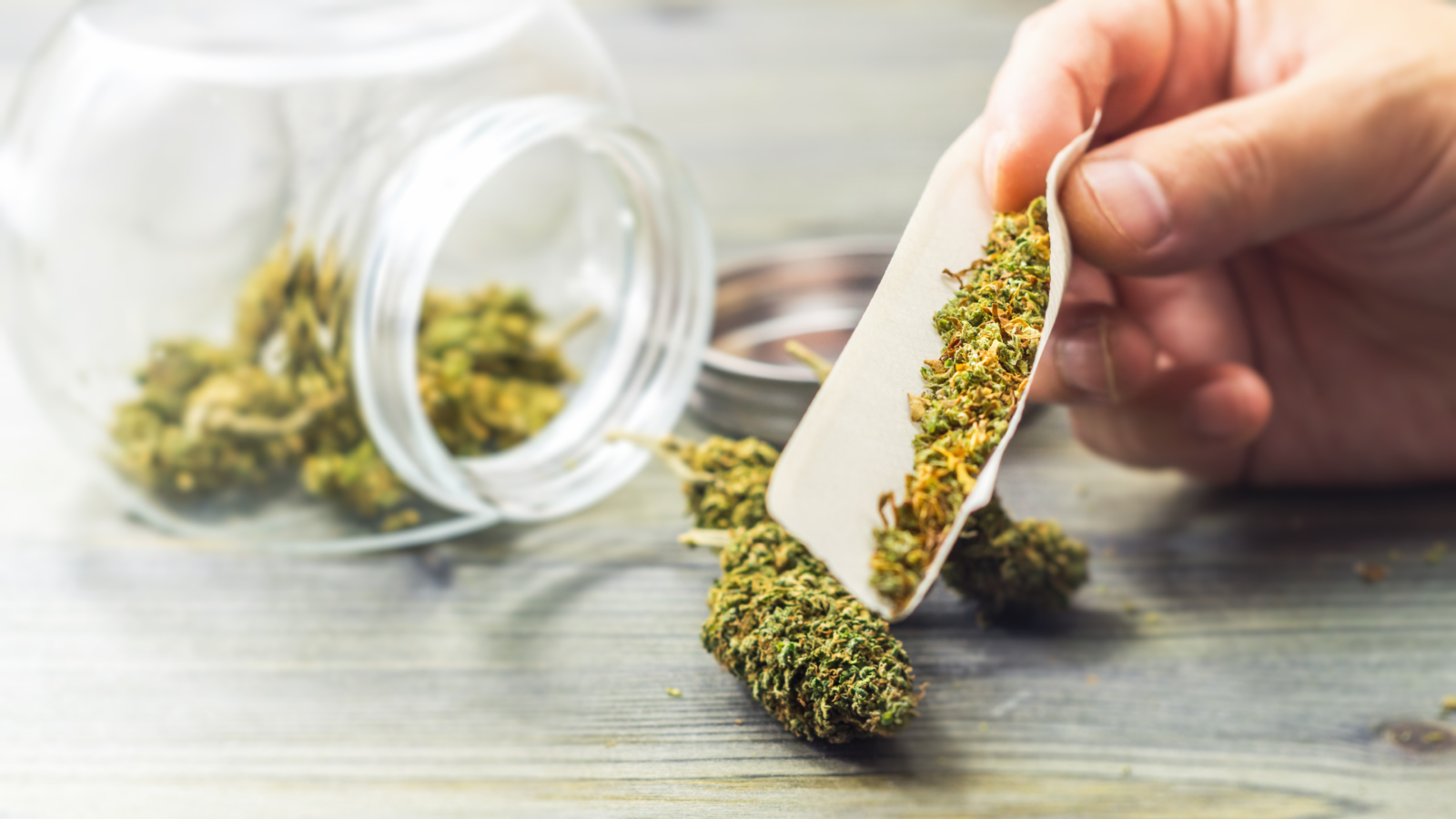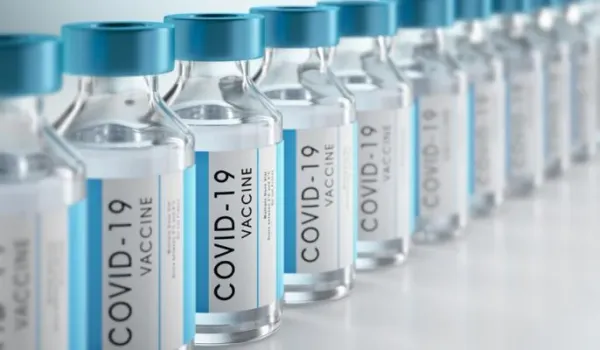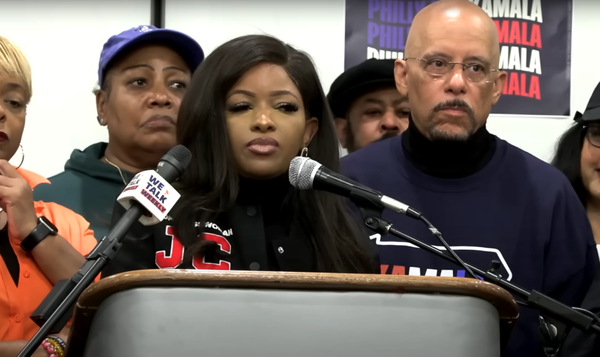THC Edibles Banned from Convenience Stores, Private Companies Gain Cannabis Farming Rights

BATON ROUGE, La. – Louisiana's edible hemp industry narrowly avoided a shutdown as state lawmakers chose stricter regulations over a complete dismantling. Additionally, the state shifted exclusive medical cannabis farming rights from two public universities to private companies.
Stricter Hemp Regulations
House Bill 952, sponsored by Rep. Dustin Miller, D-Opelousas, passed the House 72-30 and the Senate 26-11 in the final hour of the legislative session. The bill lowers the potency of recreational hemp edibles from 8 milligrams to 5 milligrams of THC per serving and bans their sale in convenience stores that sell fuel. THC, or tetrahydrocannabinol, is the psychoactive compound in cannabis.
Restaurants and bars with existing alcohol and hemp permits can continue selling hemp products, but no new permits will be issued for alcohol establishments. Despite the compromise, many lawmakers expressed dissatisfaction with the final version.
Miller supported the compromise to prevent more drastic measures that would have criminalized all recreational THC products and dismantled the hemp industry. Rep. Jason DeWitt, R-Boyce, criticized the ban on fuel-selling convenience stores as arbitrary. Miller acknowledged the concession was to appease bill opponents.
Adjustments to THC Potency
The bill reduces the potency of liquid THC tinctures from 80 milligrams to 30 milligrams and limits THC beverages to 5 milligrams per serving. Manufacturers must conduct potency tests on every batch of hemp edibles to ensure consistency.
Louisiana's hemp industry, still growing rapidly, faced competing legislation that could have severely impacted the 2,000 businesses established since 2022. Lawmakers initially supported hemp legalization based on misleading information, believing large amounts were needed to produce a high.
Partisan Divide and Compromise
Senate Bill 237 by Sen. Thomas Pressly, R-Shreveport, sought to ban any THC products not licensed as medical marijuana. This bill gained traction but ultimately fell short, while Miller's bill faced diminishing support. A bipartisan effort emerged as business owners and residents urged legislators to find a middle ground.
On Friday, the House sidelined Pressly's bill, and the Senate approved Miller's bill with amendments. However, the House rejected these amendments, sending the bill to a conference committee. The final compromise allows THC edibles and drinks to remain legal, except in bars and convenience stores.
Privatization of Medical Marijuana Farming
A new law, Senate Bill 228 by Sen. Patrick McMath, R-Covington, privatizes medical marijuana cultivation. It transferred exclusive farming rights from LSU and Southern University to private contractors Good Day Farm and Ilera Holistic Healthcare. This change creates a privately-owned duopoly in the state's medical cannabis market.
Good Day Farm, linked to influential lawmakers, now dominates the market. The company's primary shareholder is Donald "Boysie" Bollinger, a major Republican donor, and its president is John Davis, husband of state Rep. Paula Davis, R-Baton Rouge.
Impact of Federal Rescheduling
These changes come as the federal government considers reclassifying marijuana from a Schedule I to a Schedule III drug. This could reduce the industry's federal tax burden, ease criminal laws, and improve research and workplace policies. However, it may also require dispensaries to register with the DEA and comply with strict reporting requirements.
Gov. Jeff Landry is expected to sign the bill, which will take effect on Jan. 1, 2025.





